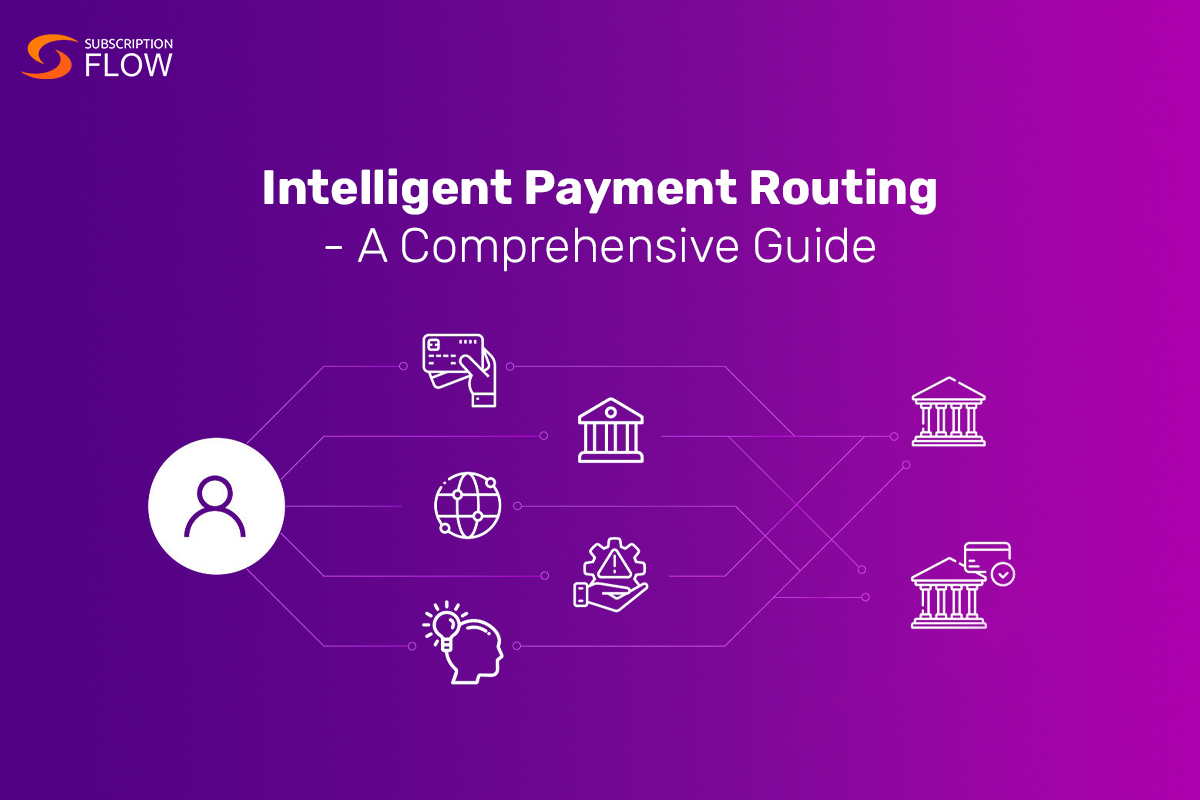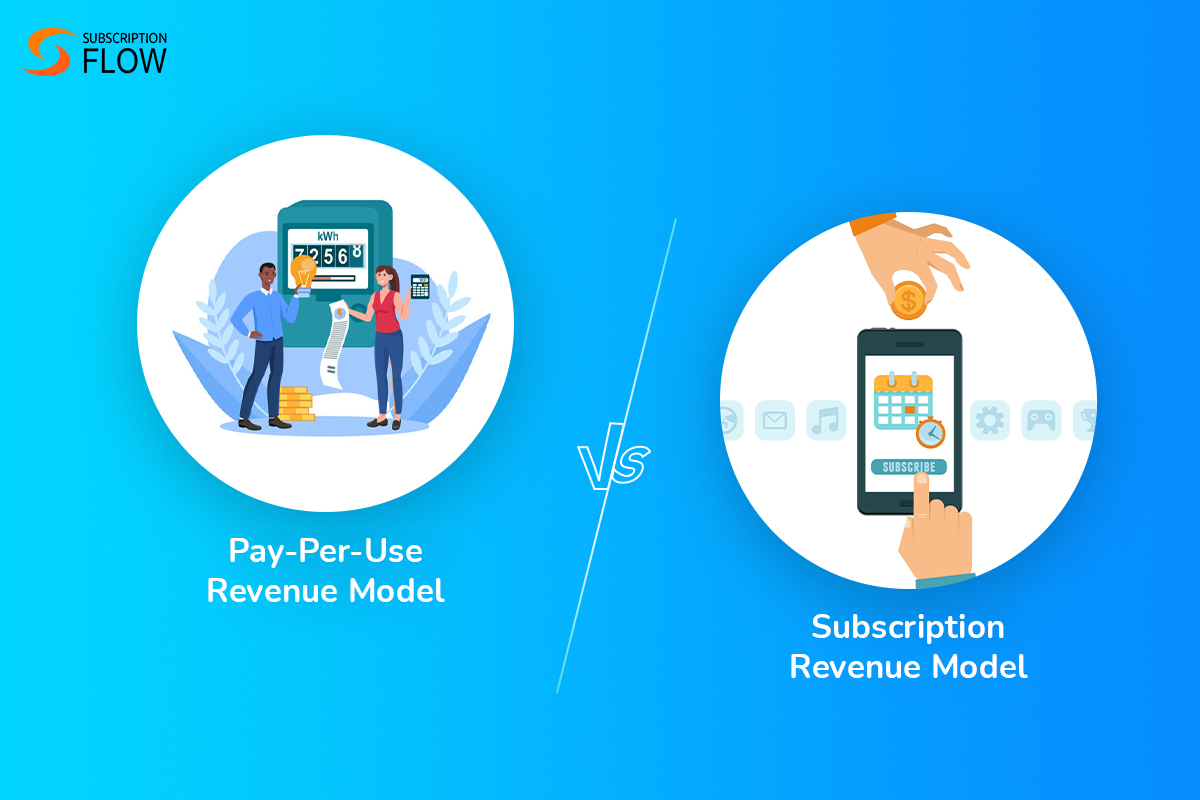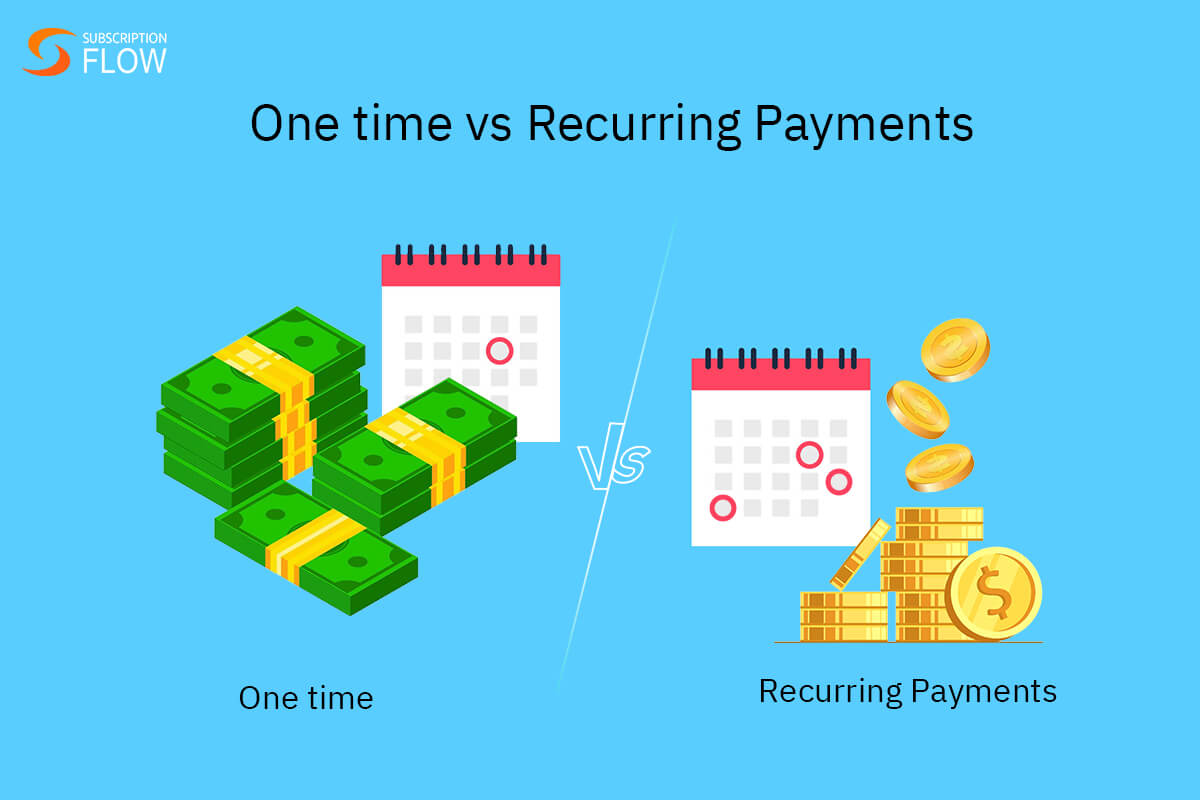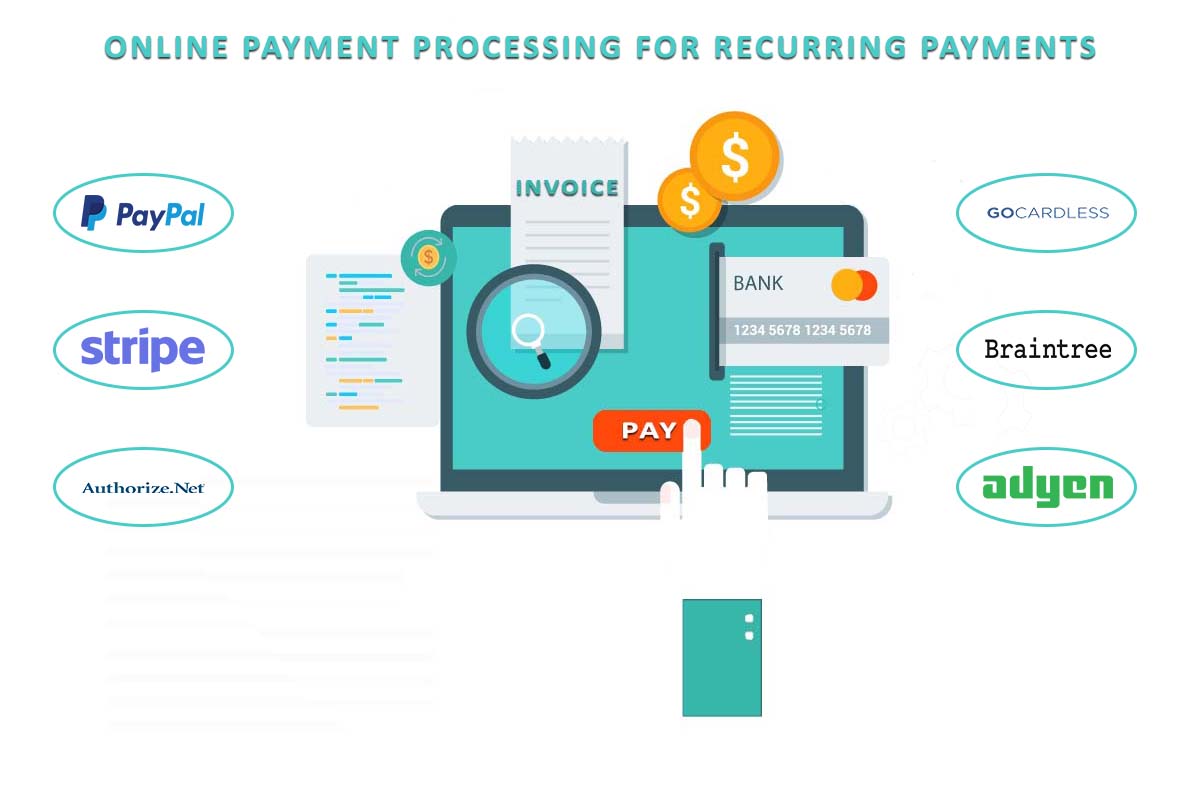
Intelligent Payment Routing – A Comprehensive Guide
Many variables are required to make a customer’s purchasing procedure as smooth as possible. One behind-the-scenes factor that is sometimes forgotten is how to identify whether a payment will be accepted or denied – and how to assist it in succeeding. Intelligent Payment Routing, which implies routing the transaction in a method that is most likely to be accepted, is the key to altering your transaction approval rates in your favour.
Most payment providers either connect businesses to a single acquiring bank in a region or ask merchants to open their own acquiring merchant account in each location.
What is Intelligent Payment Routing?
Intelligent/Smart payment routing is a dynamic and automated system used in financial transactions to optimize the process of routing payments from customers to merchants or service providers. This system leverages real-time data, algorithms, and predefined rules to intelligently direct each payment through the most optimal payment channel or processor.
By analyzing factors such as transaction cost, processing speed, currency conversion rates, payment method, and the risk profile of the transaction, it ensures that each payment is routed through the channel that offers the best combination of efficiency, cost-effectiveness, and reliability.
One key benefit of intelligent payment routing is its ability to enhance the overall payment experience for both businesses and customers. It helps businesses reduce processing costs by selecting the most cost-effective payment channels, minimizing currency conversion fees, and avoiding unnecessary intermediaries.
Additionally, it improves transaction success rates by dynamically rerouting payments in case of processing failures or declines, leading to higher transaction completion rates and fewer lost sales.
For customers, this technology can result in faster and smoother payment processes, as well as potential cost savings, making it a crucial component of modern payment infrastructure that contributes to a seamless and efficient financial ecosystem.
Read more: An Overview of the Payment Routing Embedded in SubscriptionFlow
Advantages of Intelligent Payment Routing
1. Cost Savings
Intelligent payment routing helps businesses minimize unnecessary expenses by selecting the most cost-effective payment channels. This may involve routing transactions through lower-cost processors or avoiding intermediaries that charge additional fees.
Additionally, by optimizing currency conversion rates, the system reduces conversion fees for cross-border transactions, saving money for the business.
2. Higher Transaction Success Rates
Real-time rerouting of payments ensures that if a primary payment channel fails (e.g., due to technical issues or a declined card), the transaction can be instantly directed to a backup channel.
This minimizes the chances of lost sales and customer frustration. The ability to adapt to changing circumstances and rapidly address payment issues leads to a higher overall success rate for transactions.
3. Faster Payment Processing
The system’s intelligent selection of the fastest and most efficient payment channels, combined with automated routing, reduces transaction processing time. This not only improves the customer experience by providing quicker service or delivery but also benefits the business by accelerating cash flow.
4. Optimized Currency Conversion
For businesses dealing with international transactions, it ensures that currency conversions are optimized.
This involves selecting the most favourable exchange rates and avoiding excessive conversion fees charged by certain processors or financial institutions. Optimized currency conversion is particularly valuable for businesses operating in global markets.
5. Adaptability and Flexibility
Intelligent payment routing systems can be configured with rules that adapt to specific business needs.
For example, the system can be programmed to prioritize certain payment methods based on customer preferences or route transactions differently during peak hours. This flexibility allows businesses to fine-tune their payment routing strategy to match changing conditions.
6. Improved Risk Management
By analyzing transaction data and considering factors such as transaction history, geographic location, or payment method, the system can help detect and prevent fraudulent or high-risk transactions. This enhances overall payment security and reduces the likelihood of chargebacks or other payment-related risks.
7. Enhanced Customer Experience
The combination of faster, more reliable payment processing, fewer declined transactions, and reduced friction in the payment process creates a positive customer experience.
Customers appreciate seamless payments, leading to higher customer satisfaction and potentially repeat business.
8. Scalability
As businesses grow and handle larger transaction volumes, the intelligent payment routing system can handle the increased load without sacrificing efficiency. This scalability ensures that the payment routing process remains effective and cost-efficient as the business expands.
Common Challenges with Global Intelligent Payment Routing
International intelligent payment routing, which involves optimizing payment processing for transactions across international borders, comes with its own set of challenges and potential pitfalls due to the complexities of handling diverse currencies, payment methods, regulatory environments, and regional preferences.
Here are some common challenges:
1. Currency Conversion Complexity
When dealing with multiple currencies, it must consider exchange rates, conversion fees, and fluctuations in currency values. Failing to optimize currency conversion can result in higher costs for the business and potentially create confusion for customers due to unexpected charges.
2. Cross-Border Fees
Different payment processors and financial institutions may impose varying fees for cross-border transactions. Intelligent payment routing needs to factor in these fees to ensure that transactions are routed through processors with the most favourable cost structures while maintaining overall payment efficiency.
3. Regional Payment Preferences
Preferences for payment methods, such as credit cards, digital wallets, bank transfers, or alternative payment methods, can vary by region. Intelligent payment routing must adapt to these regional preferences to offer a seamless payment experience and maximize conversion rates.
4. Regulatory Compliance
Compliance with international financial regulations, data privacy laws, and payment processing rules can be complex when dealing with global transactions. Ensuring that the it system complies with the relevant regulations in each jurisdiction is crucial to avoid legal issues and reputational damage.
5. Fraud Prevention
Global transactions introduce additional challenges for fraud prevention. Each region may have its own fraud patterns and risk factors. Intelligent payment routing needs to incorporate robust fraud detection measures while avoiding overly restrictive rules that may block legitimate transactions.
6. Latency and Performance
Routing decisions must be made quickly to ensure a smooth payment experience for customers. Latency in routing decisions can lead to delays, declined transactions, or poor customer experiences. The system needs to balance accuracy with speed.
7. Diverse Payment Processors
Different regions may have preferred payment processors or local payment gateways that offer advantages in terms of cost, speed, or customer trust. Integrating with a wide range of payment processors while managing their differences can be challenging.
8. Service Reliability
The availability and reliability of payment processors can vary by region. Intelligent payment routing should be aware of the performance and uptime of different processors to ensure consistent service for customers.
9. Scalability
As the business grows and expands its global customer base, the intelligent payment routing system must handle increased transaction volumes efficiently. Scalability is essential to prevent processing bottlenecks.
10. Vendor Capabilities
If the intelligent payment routing system relies on third-party vendors, the capabilities and coverage of these vendors may be limited in certain regions. Businesses need to ensure that the chosen vendor can handle the required global coverage.
Read more: Payment Orchestration: A Way that Routes to Subscriptions Orchestration
Final Word
Thus, intelligent payment routing provides businesses with financial benefits, risk mitigation, and improved customer interactions, making it a valuable tool in the modern payment landscape.
Addressing the aforementioned challenges requires a thorough understanding of the global payment landscape, careful configuration of routing rules, continuous monitoring of performance, and the ability to adapt to changing market conditions and customer preferences. When done right, global intelligent payment routing can significantly enhance payment efficiency and customer satisfaction for international transactions.
SubscriptionFlow’s intelligent payment routing helps reduce the difficulty of handling payments from many sources, such as multiple regions or different payment processors. It guarantees that payments are efficiently cancelled, lowering operational expenses and the risk of payment-related errors.
Book a demo with us to find out more!










